

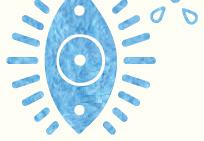


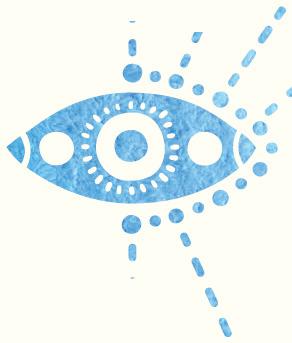







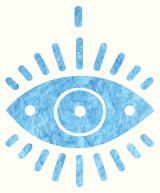







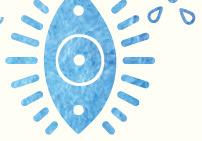











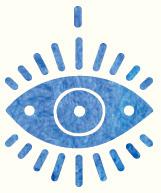






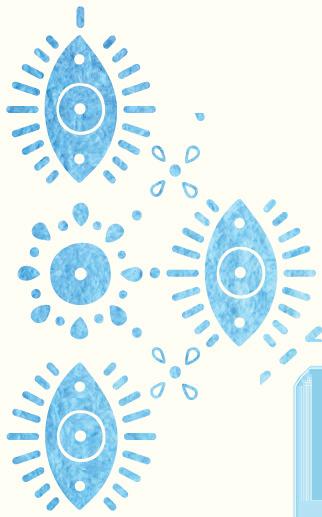


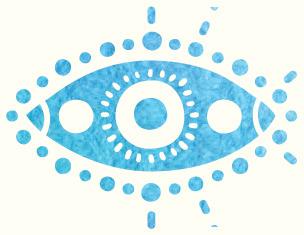

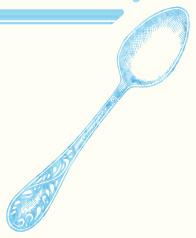
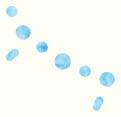




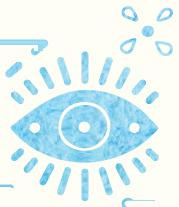


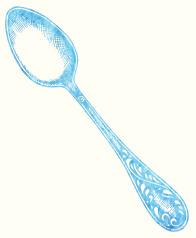



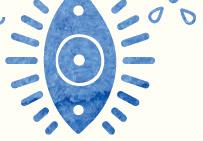


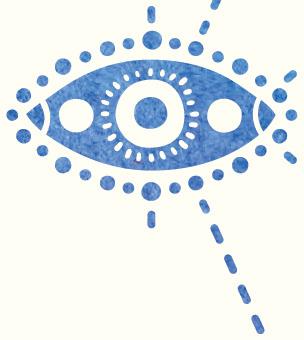


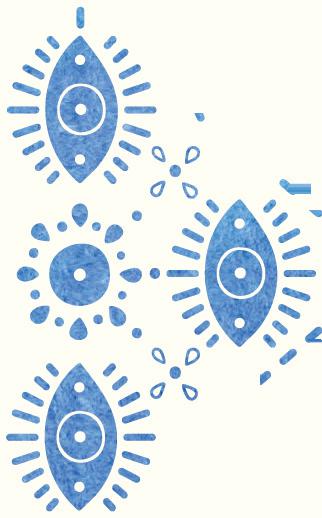
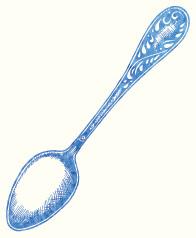

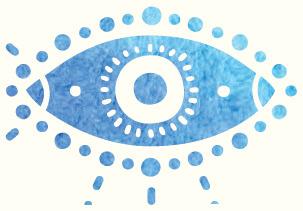

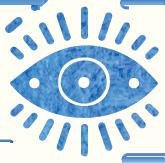

On Losing and Preserving Culture

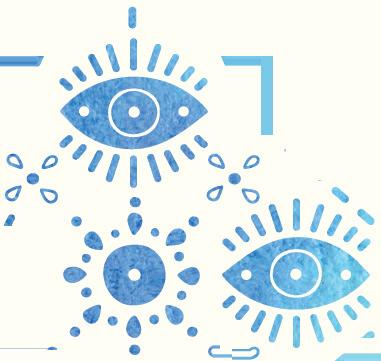
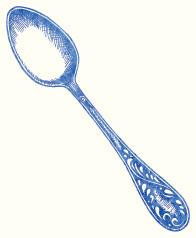













































































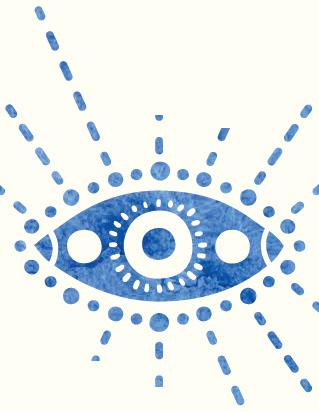
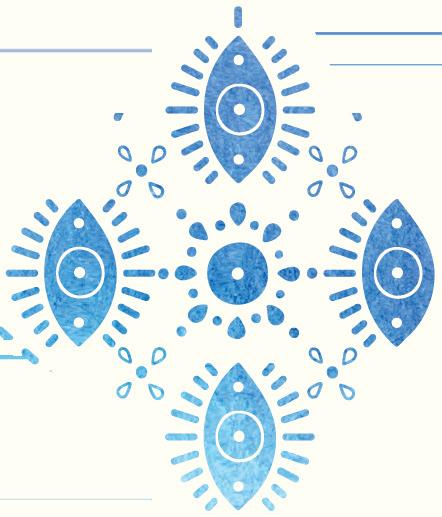
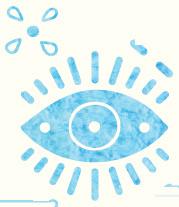
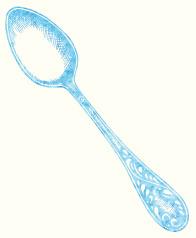


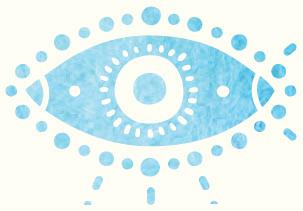
‘Just incredible – witty, informative and quietly devastating. I couldn’t put it down’
RUKMINI IYER





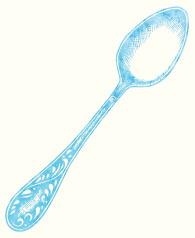



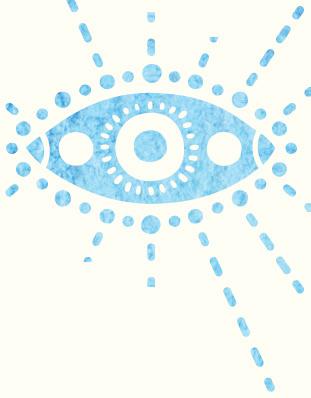
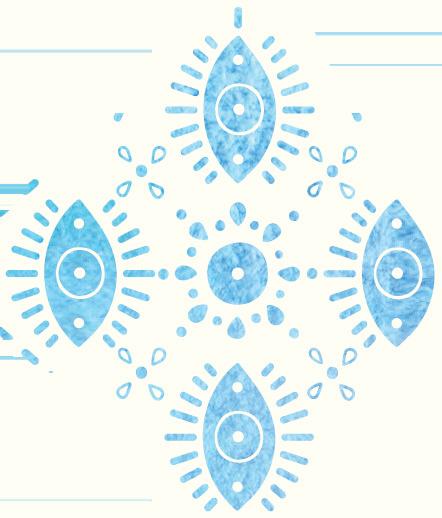
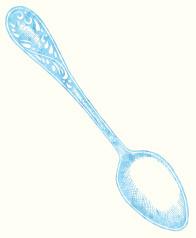
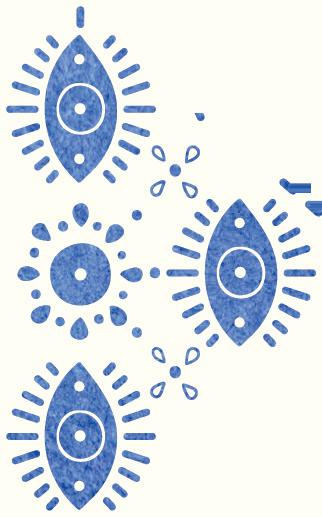


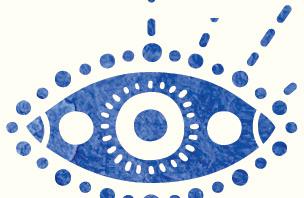


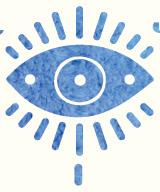


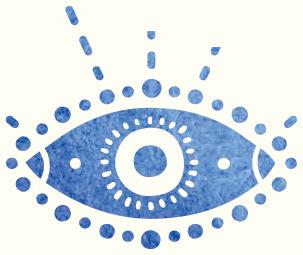

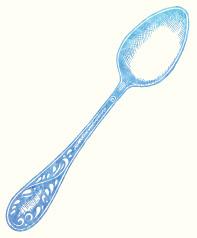

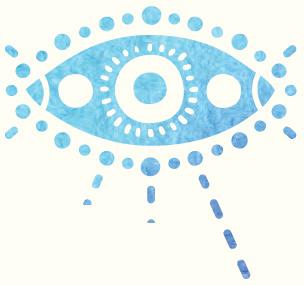

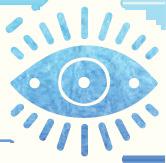

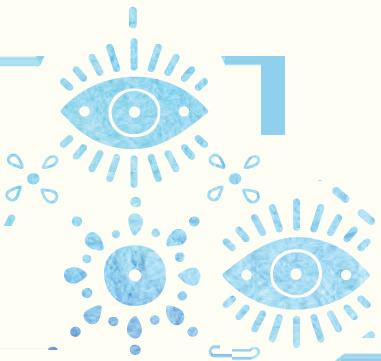
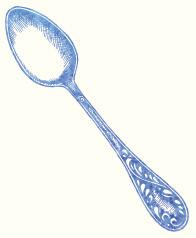


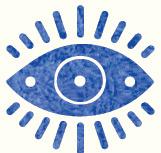
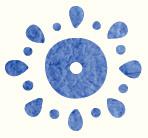
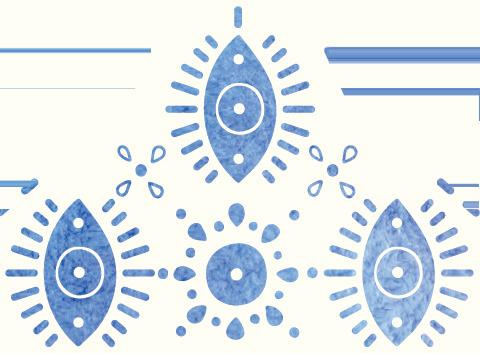



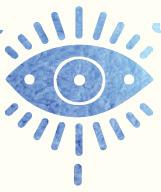



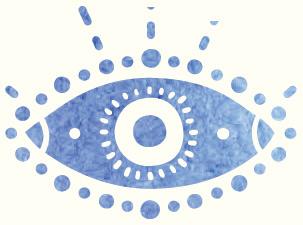

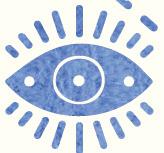
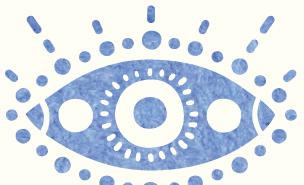

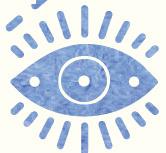


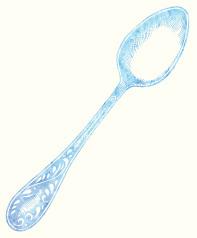

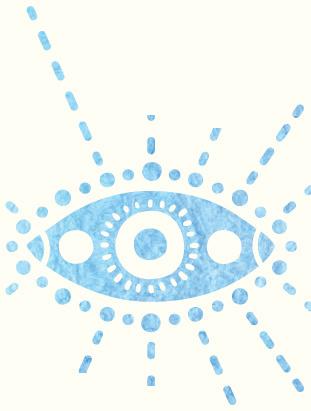
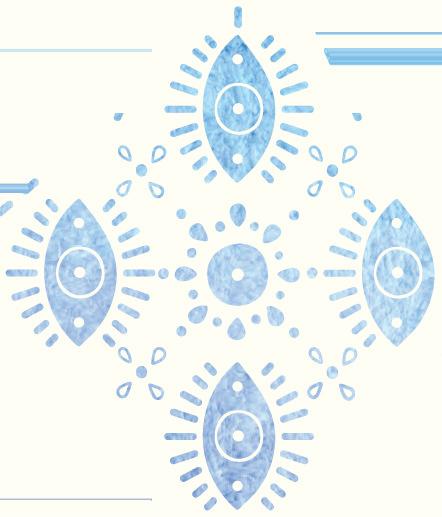
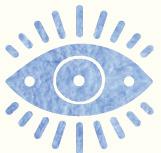
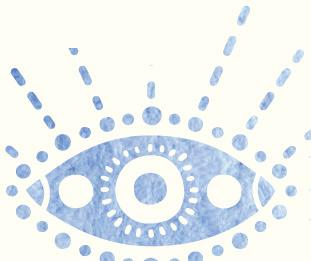
Also by Samantha Ellis
Chatto & Windus
london
Chatto & Windus, an imprint of Vintage, is part of the Penguin Random House group of companies
Vintage, Penguin Random House UK , One Embassy Gardens, 8 Viaduct Gardens, London s W 11 7BW penguin.co.uk/vintage global.penguinrandomhouse.com
First published by Chatto & Windus in 2025
Copyright © Samantha Ellis 2025
Samantha Ellis has asserted her right to be identified as the author of this Work in accordance with the Copyright, Designs and Patents Act 1988
Penguin Random House values and supports copyright. Copyright fuels creativity, encourages diverse voices, promotes freedom of expression and supports a vibrant culture. Thank you for purchasing an authorised edition of this book and for respecting intellectual property laws by not reproducing, scanning or distributing any part of it by any means without permission. You are supporting authors and enabling Penguin Random House to continue to publish books for everyone. No part of this book may be used or reproduced in any manner for the purpose of training artificial intelligence technologies or systems. In accordance with Article 4(3) of the DSM Directive 2019/790, Penguin Random House expressly reserves this work from the text and data mining exception.
Set in 12/14.75pt Bembo Typeset by Jouve (UK ), Milton Keynes
Printed and bound in Great Britain by Clays Ltd, Elcograf S.p.A.
The authorised representative in the EEA is Penguin Random House Ireland, Morrison Chambers, 32 Nassau Street, Dublin d 02 yh 68
A CIP catalogue record for this book is available from the British Library
h B is B n 9781784745028
Penguin Random House is committed to a sustainable future for our business, our readers and our planet. This book is made from Forest Stewardship Council® certified paper.
Preface: Eeyam al babenjan (Days of the aubergines) 1 losing Ekel kalbi (He ate my heart), or An incomplete list
It’s quite difficult to transliterate a language which is mainly oral and has been written down in two alphabets, neither of which is this one, but I have tried to follow my instincts and be consistent, and give a flavour of how the language sounds.
In autumn 2019 I was in a cold London playground, spinning my son on a lurid, primary-coloured roundabout. He was two and a half, near-spherical in his green puffer, hair gleaming in the sun. Another boy jumped on. My son offered him a rice cake and he said, ‘Merci.’ His mum told me he went to the nearby French nursery, where children ate pain au chocolat in improbably clean dungarees. I told her I’d wanted my son to go there so that he could grow up with two languages like me. ‘But you’re not French?’ she said, confused. ‘Why not send him to a nursery for your language?’ I replied, ‘I can’t. My language is dead.’
And then I burst into tears.
Because: my language is dead ?
To be more accurate, it is dying. This wasn’t news, but suddenly it hit me with a force that knocked all the air out of me. Guilt banged at my heart too, because one reason it was dying was that I was not wholly bilingual, I was not doing my best to keep it alive. Too blindsided to say this to a stranger, I scooped my son into his pushchair and left her staring. How could I explain when even I found it impossible to grasp that JudeoIraqi Arabic, which I heard every day of my childhood, at home, with my family, in my community, at parties and on play dates, a language that felt more present than English, more vivid and more colourful, would soon be gone?
One day the chubby boy I was wheeling away from the park would want to know. Back then he was still grappling with
English, coining his own words – budund for playground, mon for milk – and struggling to twist his tongue around certain sounds. Sometimes I had to translate him and it came easy because, being second generation, I’d been translating all my life. Judeo-Iraqi Arabic always felt like the real, important language. When I was small I thought English was just a children’s language, for nursery rhymes and picture books, a language that wasn’t entirely serious. I assumed when I grew up I would be fluent in JudeoIraqi Arabic. But although there was a time I understood almost everything, I could never really speak it – and now it was too late. The clock was ticking (it had been ticking all my life) and soon there would be no one to talk to.
As my son clamoured for rice cakes I dredged up a phrase for how this felt. Like living eeyam al babenjan (in the days of the aubergines), which means living in a time when everything feels upside down or inside out; ‘Like Halloween,’ said my mum, ‘all the craziness comes out.’ I don’t know why the craziness comes out in the days of the aubergines, I don’t even know when that is, but the rocking, comic rhyme of eeyam al babenjan captured the nonsense, the uncanniness, the horror of losing the language I grew up with. It felt comforting to pin it down, to say, it feels like living in the days of the aubergines. But as I turned onto my street, it hit me that it was not comforting if the only way I could make sense of my situation was by using a language already living on borrowed time. It felt like looking into a future where I would only be able to say how I felt by awkwardly explaining phrases I didn’t fully understand myself. Home. I bumped the pushchair up the black-and-white steps, and went into a blind whirl of coats, nappies, milk. Then he was asleep, and I raced to my laptop to find out if anyone was saving my language. Someone had to be! It goes back such a long time. Jews first came to Iraq in 597 BC e . Only it wasn’t called Iraq then, but Babylonia – and sometimes just Babylon
after its capital. Iraq’s names are confusing. It has had so many, and they haven’t all described the exact same geographical area. Mesopotamia usually indicated what is now northern Iraq (and sometimes also eastern Syria), while Babylonia usually referred to what is now southern Iraq. Later, Arabs often referred to the area between the Tigris and the Euphrates as ‘al-Iraq’. In 597 BCE, when the first wave of Jewish exiles came to Babylon, the city was the beating heart of Babylonia, also known as the Neo-Babylonian Empire. Its warrior king, Nebuchadnezzar, muddled things further (if that was possible) by conquering other lands. When he sacked Jerusalem, the capital of the Jewish kingdom of Judah (also known as Judea), he deported many thousands of Jews to Babylon as captive labour to dredge canals between the Tigris and the Euphrates. The Jews spoke Hebrew, but when they arrived, they switched to the local language, Aramaic, and quickly developed a variant called Jewish Babylonian Aramaic. When the Persians conquered in 539 BC e , the language was infused with Persian. And when the Arab Muslim conquest swept across the Middle East in the seventh century, the Jews, like everyone else, switched to Arabic; but they always spoke it differently, carrying over Aramaic and Hebrew words and constructions, so it’s a language that feels very ancient, somehow.
In the 1940s, the community’s heyday, there were 150,000 Jews in Iraq. There are so few now – single figures – that every time the number goes down, someone reports it, and although it feels ghoulish to check, sometimes I can’t help it. With my son’s snorty snuffles coming through the baby monitor, I discovered that, at the best guess, in 2019, there were five Jews left in Iraq.
Most of Iraq’s Jews left for Israel in 1950–1, in a mass airlift known as Operation Ezra and Nehemiah (for the Jewish prophets) or sometimes Operation Ali Baba, for the woodcutter from Alf Laila wa Laila, the Thousand and One Nights, who discovers a
thieves’ den full of treasure and opens it with the magic formula ‘open sesame’. It was one of the first airlifts of Jews to Israel, echoed later in the airlifts of Ethiopian and Yemenite Jews. My father left then, but my mother stayed in Baghdad until 1971 when she came to London, where they met. My parents fell in love in Judeo-Iraqi Arabic, but they didn’t teach it to me or my brother.
I could blame the health visitor who urged them just to speak English, so as not to confuse us, but my parents also felt it was futile to teach us a language that was not going to survive. By 1975, when I was born, there were only around four hundred Jews left in Iraq, and most of the community had been scattered for more than twenty years. A generation. My parents determinedly spoke to us in English, and read us English books, but all the gossip, all the stories, all the exciting, forbidden grown-up life happened in Judeo-Iraqi Arabic. When, frustrated, I decided to try to learn, I listened hard, asked a lot of questions, and when I was nine or so, I suddenly got it. It was like walking through a wall and being on the inside. The words were mine. At first I didn’t tell anyone, and had fun understanding and outwitting my parents. Then one day my dad made a joke, I laughed and I was rumbled. Anyway, after that it was even better because my parents could talk to me in what was essentially a secret language, because so few people spoke it in London. (Even fewer now.)
Googling furiously, I suddenly worried it wouldn’t count as a mother tongue. The UNESCO definition is the language you speak from earliest childhood, and I spoke English. But some linguists describe, instead, a first language, a home language, a parent language, an arterial language, as if it’s in our blood; while the Moroccan author and translator Ghita El Khayat speaks of a ‘milk language’, spoken by your mother when you are tiny, the language you’re sung to sleep in, or soothed in. Judeo-Iraqi
Arabic is all of those for me, the intimate, vulnerable language of safety, of closeness, trust and belonging.
I wasn’t even sure what to type into the search engine. I’m calling it Judeo-Iraqi Arabic here, as if its name is known and fixed, like English, or French or German, but I settled on this later. In that first frantic burst of research, I tried and failed to find the right words. At home we called it Judeo-Arabic, but that wasn’t quite right because there are other languages spoken by Jews in other Arabic-speaking countries. We also sometimes called it Jewish Arabic or arabi yehudi – which has the same issues. Or haki mal yihud (the talk of the Jews), as distinguished from haki mal aslam (the talk of the Muslims), even though Muslims aren’t the only people who speak ‘Muslim’ Arabic, and Jews – when there were more Jews in Iraq – spoke it too when they were with nonJews, in shops, on the streets, in business, with officials. Which is why, in my family, we called this Arabic ‘real Arabic’ as if ours wasn’t real, but instead was secondary, not quite legitimate. Some call our language Jewish-Iraqi, connecting it to race and place but not to language. Some say Jewish Iraqi-Arabic which feels more accurate. Some say Jewish Baghdadi (or JB for short, which feels affectionate), or Baghdadi Judeo-Arabic, which isn’t quite right because it was spoken by Jews in other parts of Iraq, like Basra, where my grandfather grew up. In Israel I’ve heard it called Iraqeet (meaning Iraqi; English is Angleet ) but this only works because in Israel most people speaking Iraqeet are Jewish, so there’s no need to specify a religion or a race. We sometimes call it arabi malna (our Arabic) or haki malna (our talk), but I couldn’t search under these cosy endearments. What did come up was Judeo-Iraqi Arabic, on UNESCO ’s list of endangered languages, which felt as good a name as any. Then I panicked, because I couldn’t find it on UNESCO ’s World Atlas of Languages. I scoured Iraq for it in vain, and only eventually spotted it in Israel, which was correct if you
were counting numbers of speakers because Israel is where most of the world’s speakers of Judeo-Iraqi Arabic are today, but emotionally it felt wrong for my language to be mapped to anywhere but Iraq. At least UNESCO called it a language, not a dialect as some linguists defined it – this felt diminishing to me, and delegitimising. I wondered what the difference was and found that linguists joke that ‘a language is just a dialect with an army’, and that this joke was first made about Yiddish. I was often told my language was ‘to Arabic what Yiddish is to German’, because just as my language came out of the collision of Hebrew-speaking Jews and Aramaic-speaking Babylonians, and then absorbed linguistic influences from all the other people who conquered Iraq, so Yiddish (probably) originated in the Rhine Valley, as a variant of German spoken by Jews, and was inflected with Slavic languages over the centuries. If Yiddish did begin in the tenth century it is a little younger than my language but they have a lot in common. Both languages are Jewish (Yiddish actually means Jewish); both are much loved (Yiddish is often tenderly nicknamed mameloshen, mother tongue) and also dismissed or minimised (Yiddish has also been called zhargon, jargon); both can be written in the Hebrew alphabet (although mine is written in the Arabic alphabet too); both are earthy, sinewy, witty; and both are at risk. At its peak, just before the Second World War, Yiddish was spoken by many more people than ever spoke my language, up to 13 million worldwide, but around 5 million Yiddish speakers were murdered in the Holocaust, and countless others displaced. The joke about Yiddish being a dialect because it lacked an army was made in 1945. It was never meant to be funny.
I eyed the baby monitor. Naptime was nearly over; I’d learned next to nothing and I hadn’t even had a biscuit. Suddenly it hit me, what I needed to do. I had to make a dictionary! But how could I when we don’t even have a fixed
alphabet? Judeo-Iraqi Arabic is sometimes written in Hebrew script, sometimes in Arabic, although it has never been written down much. I’d love to come from a great literary tradition, but when Iraqi Jews wrote books they wrote them in fusha, which is classical Arabic, and literally means purest. And didn’t this imply that Judeo-Iraqi Arabic was adulterated, secondary, broken? This is a problem beyond my language. All Arabic speakers struggle with the split between fusha – or the updated version, Modern Standard Arabic – and their own vernaculars, with the fact that the language of literature, school textbooks, newspapers and technology is no one’s mother tongue. Iraqi Jewish writers also often write their books in the languages of the places they were displaced to: mostly Hebrew but English and French as well. No one was going to save my language for its literature. Linguists sometimes argue for endangered languages to be saved because they contain information the world might need, like Cherokee (which now has only 2,000 speakers) where the names for plants, herbs, berries and flowers indicate whether they are edible or poisonous or cure particular diseases. It is alarming to think that a cure for cancer might come from the sap of a tree that only has a name in a language that is going extinct, but it probably won’t be in my language. Most of Iraq’s Jews lived in the cities. They were urban people. My grandfather did heal people, but with conventional medicine. He was a GP.
UNESCO lists 2,464 languages at risk, and that’s just languages. We are living through Earth’s sixth mass extinction event. A million species are at risk. Did my language really matter? A language that might not even be a language. A language with no fixed alphabet, few books and no cures. Then again, I hated the idea that we should only save languages that were useful, like stripping them for parts. I didn’t want to live in a world where I’d shrug and say yom assel yom bassal and no one would know I meant one day honey, another day
onions. I didn’t want to cook a meal and never be told ashteedek (long live your hands), I wanted to be able to ask ash lonek (how are you? – but literally, joyfully, what colour are you?). I don’t believe that flattening us all down into sameness is the way to keep the world beautiful or even alive.
I rang my mother who is better than the internet. Within minutes she sent me a PDF of a dictionary – a dictionary with a love story: an American Ashkenazi Jew married an Iraqi Jew and couldn’t talk to her family, so he made a dictionary and circulated it to anyone who wanted it. I laughed when I found that the first phrase he included was enta ju-an? (are you hungry?). It’s where I would have started too. My mother also sent me a link to an archive, held at SOAS but made by an Iraqi Jew called Eli Timan, who I knew, who lived in London, who was my mother’s second cousin. Sometimes the Iraqi Jewish community feels very small.
My son cried out, and I stopped searching, but I didn’t stop worrying. Yes, it was a relief to find a dictionary and an archive, because I couldn’t have done that work. I only ever had a broken, pidgin, kitchen Judeo-Iraqi Arabic which I pronounced so badly my parents joked tahki kanni kebba b’thema (she talks like she has kubba in her mouth). I often did have kubba in my mouth, the meatballs encased in bulgur, rice or potato, elsewhere called kibbeh or kofte. I missed it, along with the language, when I left home for university. Later my brother and I both married outside our community. My son is also English and German (through his grandfather) and Irish (through his grandmother). When my family gets together now we generally speak English. Most of my community is like this and in some families the language is already lost. It’s not being transmitted, and that’s how linguists often define endangerment; if children aren’t being taught a language, it will die. Many years ago I used to dream in Judeo-Iraqi Arabic and in the dreams I was fluent,
but then I stopped. I felt estranged from it, homesick for it, even though I could still ring up my mother and get her to remind me of the phrase I would say as a party trick when I was a child: thenbet el kalb, khellooha bel kasba, oo ukeb reb’een yom, tel’ooha oo ba’ada ma’eruja (they put a dog’s tail into a sugar cane tube for forty days, and when they got it out, it was still curly). To think that soon – probably in my lifetime – those words would no longer be alive in anyone’s mouth felt desperate.
As autumn turned to winter, it gnawed away at me, the idea that a silence was coming. If the words disappeared, would we lose the stories too? The recipes, the jokes, the curses? Even the (very few) things I have from Iraq seemed suddenly vulnerable because I was already losing their names. How could I pass all this on to my son when it was slipping away? I’d often felt lost in translation but soon I would be untranslatable. I needed to do something, but what?
I started jotting down scraps and fragments. It was early 2020. Then the pandemic started, and we were all cut off from each other. We only saw my family on Zoom and I went weeks without a word of Judeo-Iraqi Arabic. I missed the warmth, the noise, I really missed the kubba. At Pesach I even missed the Iraqi Jewish Haggadah, which I’d often found confusing because instead of being in Hebrew and Aramaic on one side and English on the other, it had Hebrew and Aramaic on one side and Judeo-Iraqi Arabic, in the Hebrew alphabet, on the other, so hardly any of us could read it. But now I wanted it. I made my own matzah because I couldn’t get to a kosher shop, I made kechri (the rice, lentil, cheese and yogurt dish that will always be my comfort food, a relative of Indian kichri, Egyptian koshary, Levantine mujadara and Yemeni enjadara ), and we did the Seder over Zoom, my son stuffing the egg (symbolising the cycle of life) whole into his mouth. It was a brief bright moment, a relief from thinking about
Chopping Onions on My Heart
viruses . . . and dinosaurs. My son was obsessed. We collected plastic beasts and bloodthirsty facts. I couldn’t bear to think about my language going extinct but he was never happier than when we were talking about extinction. One day he put his favourite T-rex down on the carpet and said, ‘He’s died.’ My heart thudded. I didn’t know he knew about death, although that was what we were trying to protect him from, as we stayed indoors, locked down, seeing no one. I hoped he hadn’t heard us talk about the numbers (we did not say the dead ). I looked at the prone T-rex and wondered how to meet this minor parenting crisis. But my son was ahead of me, rummaging through his toy box for an ugly, mean-faced Stygimoloch. He put its sharp teeth to the T-rex’s body and I thought it was going to eat it, but instead my son blew a kiss. ‘I kiss him back to life,’ he said, and set the T-rex back on his feet. We did this for days: killed off dinosaurs and kissed them back to life. It felt like hope. And so did this: a three-year-old could name creatures who hadn’t walked the earth for millions of years and tell me what they ate and how they lived.
Covid was killing languages as well as people. I read that in the Amazon, two of the last seven speakers of Manoki died. In Chile, Yahgan lost its last speaker. There was a rush to translate medical guidance into what linguists sometimes call ‘small languages’ because they don’t have many speakers, and many of those few speakers were older, poorer, marginalised, in bad health and less able to access good health care, so more vulnerable. In Dudinka, in the Russian Arctic, stay-at-home warnings were broadcast in six languages, five of which were indigenous: Dolgan, Nganasan, Evenki, Enets and Nenets.
One weird pandemic night I read a Canadian study which showed that young Aboriginal people who learned their own languages were much less likely to commit suicide. Its authors argued that learning family languages, native languages, ancestral
languages makes us more connected, more resilient, mentally stronger, richer of heart. I hadn’t seen my mum in person for three months. I ordered a textbook called The Arabic Dialect of the Jews of Baghdad: Phonology, Morphology and Texts. It was by Assaf Bar-Moshe, an Iraqi Jewish academic, whose parents left in the early 1970s like my mother, and who grew up in Israel. He started his linguistics career with Mandarin – until his supervisor told him that while many, many people could work on Mandarin, only a few could document Judeo-Iraqi Arabic. Linguists need a body of words and conversations and stories to work with, so Bar-Moshe started recording interviews with his family. Over the next few months, I worked my way through his transcripts, slowly, like feeling along a wall in the dark. Every time I recognised a word or phrase I cemented it down in my mind, and felt louder somehow, more alive. Although when I looked down the list it depressed me: harb (war), janta (suitcase), pasportat (passports), qacharchi (smuggler), sherta (police), edmonu (they executed him), khof (fear). It felt like a found poem about why the language was endangered in the first place.
Iraqi Jews start stories with Kan wu-ma kan ala-Allah wel teklan (‘It was or it was not, it’s in God’s hands’ – and yes, we do say Allah for God). Other communities say ‘It was or it was not’ but continue the formula differently; they might add ‘in a past long ago’ or ‘not here not there’. Hungarians say Egyszer volt, hol nem volt (‘Once where it was, where it was not’), Turks say Bir varmis, bir yokmus (‘Once there was, once there was not’). It’s quite a different vibe to ‘Once upon a time’, more ambivalent, ironic, doubtful, teasing, more of a challenge, maybe, to whoever is listening, to decide how far they’ll suspend their disbelief. It suggests that this is not going to be a story of the everyday. There may be marvels and wonders, or there may not. Judeo-Iraqi Arabic loves these existential axes, rocking back and forth between certainty and uncertainty. We use the rhyming
Chopping Onions on My Heart
opposites aku (there is) and maku (there is not) all the time. There’s an Iraqi Jewish restaurant in Tel Aviv called Aku Maku. You can use Ash aku, ash maku? as a conversation starter – ‘What is there, what isn’t there?’ As I tried to get to grips with this language I could and couldn’t speak, that might or might not be a dialect, that had more than one alphabet or none, that teetered on the edge of extinction, I felt like I was rocking back and forth too. I read that one of Iraq’s last five Jews had died, a ninetysomething woman who was once a teacher at the Jewish school. The obituary included a picture of her taking a register, looking busy and happy. Twenty years back she’d told an interviewer she’d never leave the place where she’d spent the best years of her life. Now there were four Jews in Iraq. A few months later I read that another had died, a doctor. The community was down to three.
It was 2021. My son, four and a half, splashing in the bath, asked what fedwa meant. He’d heard my mother call me that. I didn’t want to tell him it means ‘I would die for you’ so I just said it meant ‘I love you very much’. ‘Why don’t you call me that then?’ he asked. I didn’t know what to say. Fedwa felt too dramatic a term of endearment. Although I would. Die for him. I couldn’t say it. Fedwa carries my family’s danger, drama and trauma, which I wanted to leave behind when I became a mother, not to pass on. Although I was born in London, have always been safe from the persecution my family experienced in Iraq, and have never had to face the rupture of leaving my home, I was a worried child and an anxious adult. I imagined trauma gnawing through generation after generation like the caterpillar eating his way through fruit and cake and sausages in The Very Hungry Caterpillar, except at the end you didn’t turn into a butterfly but a guilt-stricken neurotic with recurrent nightmares. I was determined to break the cycle, because, after all, we were both safe, weren’t we?
I wrapped him in the towel which made him look like a tiny dinosaur, with fabric spikes over the hood, and he said it. Fedwa. I melted. He loved me very much. Although part of me felt worried, again, because it was the wrong way round. I was the grown-up! I was supposed to be saying it to him. But still, kenna kanehki (we were talking). We were talking Judeo-Iraqi Arabic. We were talking about love (and also about death). I wanted to know more about why my language was going extinct, and about what else we keep and what we lose, how we decide what to let go of, and how sometimes we don’t get to make these decisions, but are swept up by history or politics or fate. I was acutely aware that difficult family stories can weigh us down, but also that, sometimes, our ancestors give us the survival kits we need to be resilient and to heal. It seemed crucial, now, to think much more deeply about all this, about what we pass on, not just as parents (if we become parents), but what we put out into the world, the legacies we leave, the ideas we give, the stories we tell, the contributions we make, the kindnesses we are (hopefully) remembered for, the food we cook for friends. I needed to understand the stories of my culture and community before they were lost or (worse) erased, so I could tell them to my son – and to anyone who cared to listen. I wanted to work out how to be a good future ancestor myself. I wanted to write down the recipes! I wanted to hold the things my parents brought from Iraq and keep them safe, and to know their stories, and I wanted to think about what heirlooms I might pass on, what memories, what imprints – and fast. It felt as if a flood was coming. I needed, urgently, to build an ark.
Ekel kalbi (He ate my heart), or An incomplete list of Judeo-Iraqi Arabic
At seven I was in a production of Benjamin Britten’s opera Noye’s Fludde . I was playing a duck in my gym kit with a gorgeous headdress (with real feathers!). I was supposed to keep my beak down, but I couldn’t stop looking at Mrs Noye, who laughed when her husband came home with a mad story about God and a flood and started building a boat and gathering animals. I mean, you absolutely would. She went on carousing with her friends until her sons dragged her bodily onto the ark, and when she watched those friends drown, she slapped her husband. Hard. She made more sense to me, clinging to her friends, to her world, while phlegmatic, stolid, cowardly Noah didn’t even try to save anyone except his immediate family, let alone argue with or beg God for mercy for all mankind. In the Epic of Gilgamesh , the ancient epic poem from Mesopotamia which contains a version of the story of the Flood, the Noah figure, Utnapishtim, is even colder, saying, ‘I let all my ale, beer, oil, and wine / flow like rivers for the workmen’ and ‘they drank like it was New Year’s!’ He gives the shipwright his palace and possessions, knowing he won’t live to enjoy them. Did he feel any remorse as he stood on deck in the falling rain or as the waters rose still higher and he retreated inside, his friends and neighbours banging on the ark to be let in, water sloshing against the sides, and the cries got quieter and quieter and then stopped? Did he feel a great, heaving sadness about what he’d lost?
As for me, every time I tried to think about what to put on my ark I was overwhelmed by what was already gone.
I’d already lost so many words, I could barely make a sentence. I couldn’t remember the Judeo-Iraqi Arabic words for cloud or seed or hope. The language didn’t feel like a river I could swim in any more. Not like when I was small and listening to grown-ups talk, sharing recipes and gossip and secrets and stories, all above my head, and feeling nourished because talk is life and curiosity and empathy and wonder and all at high speed.
So far as I know no one has analysed the speech patterns of Iraqi Jews, but reading linguist Deborah Tannen’s analysis of New York Jews talking, I recognised something. Tannen found they talked fast, jumped from topic to topic, told lots of stories emotionally and dramatically and interrupted a lot, but not in a rude way; their ‘high-involvement cooperative overlapping’, showed interest and kept the conversation moving. They were interrupting to affirm, to sympathise, to underscore. I wanted to talk like this in my language, not to reach painfully for halfforgotten words. I wanted to join the conversation that used to go on around the Formica table in my grandparents’ kitchen in Wembley, me sitting underneath the table, maybe three years old, pulling the stalks off parsley, armfuls of it, so my mother and my aunt could make tabbouleh. They called me mish mish (little apricot) – many Iraqi families have a mish mish and I love that about us – or fedwa, of course, or abdalek, which literally means ‘may I be your sacrifice’ or ‘your atonement’ and comes from the Orthodox Jewish tradition on Yom Kippur of swinging a chicken over your head to symbolically give it your sins so it would suffer for them instead of you. (Poor chicken.) But mostly they talked to each other, joking that someone they knew was ibn kelb (son of a dog) or kelb ibn kelb (dog, son of a dog), the two generations of being canine making it, for some reason, a bigger insult, or a zmal (donkey), or wishing